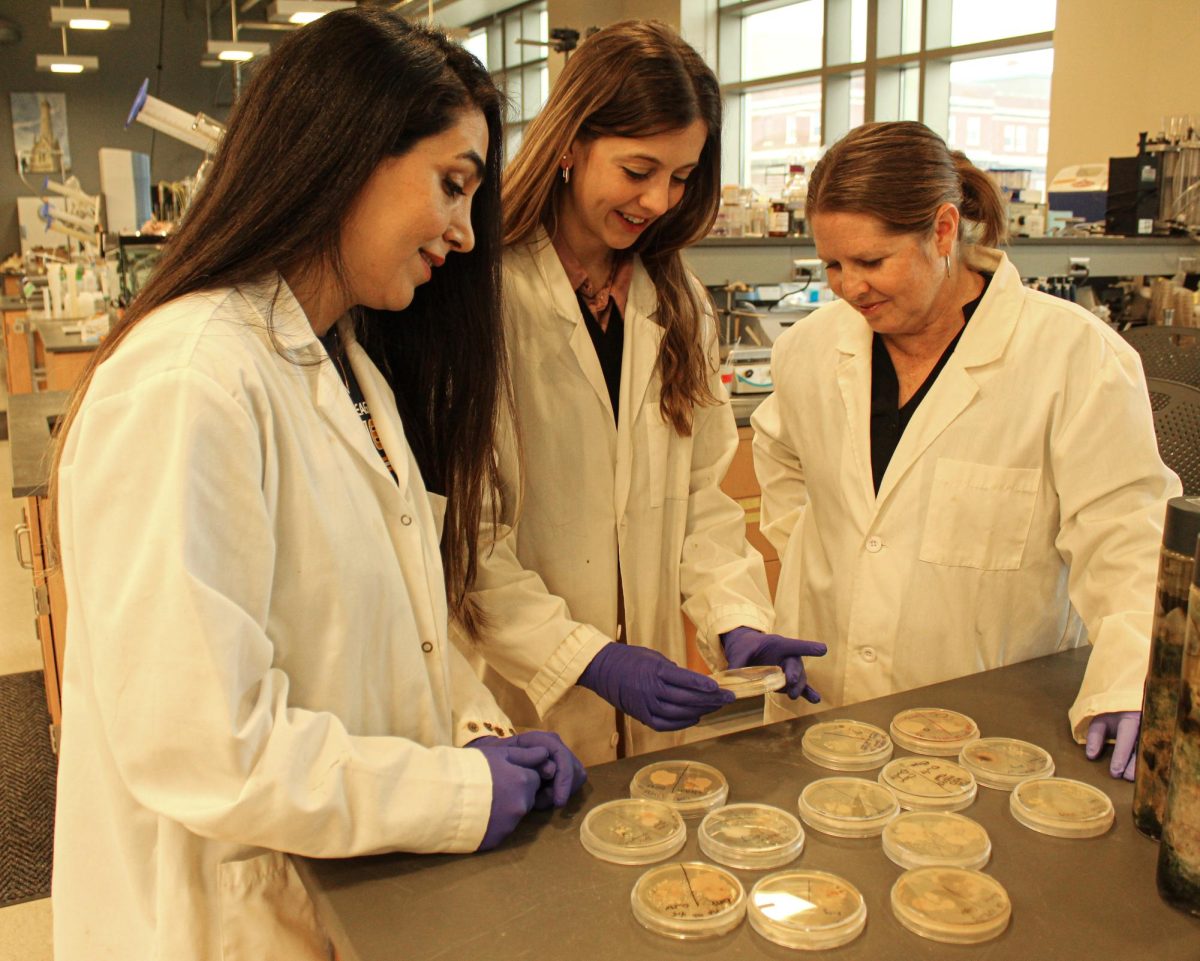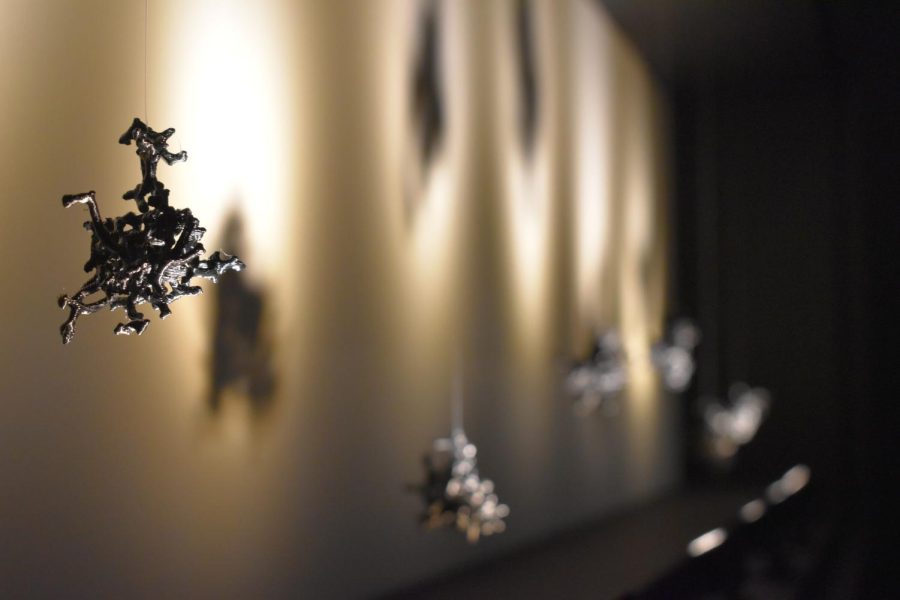
To combat notions that women are less capable as engineers, the College of Engineering is hosting workshops Wednesday for female high school students to learn more about engineering programs.
The daylong event, part of the university’s Centennial Celebration of Women, will feature hands-on workshops for students, parents and educators, said Jack Samuelson, coordinator of engineering outreach.
Samuelson said the goal of the workshops will be to show young women that engineering isn’t just for males.
“We’re trying to knock down old stereotypes that engineering is more for men than for women, which is bull(expletive) — and you can quote me on that,” he said.
Coordinators of the program are bringing Celeste Baine, director of the Engineering Education Service Center, to participate in the workshops. The center seeks to promote interest and education in engineering.
A main reason there is such a disparity between the numbers of male and female engineers, according to Baine, is because of false perceptions girls may have of what it means to be an engineer.
“The opportunities to pursue it do exist, the numbers do exist, but engineering has not been presented in a way that’s interesting to girls,” she said.
To address this problem, the College of Engineering’s outreach team sponsors two different classes to engage young women, in addition to Wednesday’s workshops, Samuelson said. One class is geared at girls between the ages of six and 11 and the other to girls between 12 and 18.
The workshops are for high school juniors and seniors. About 50 students are expected to attend sessions during the day and about 40 students and parents are expected to attend an evening session, Samuelson said.
Nearly 50 alumnae and current female engineering students will assist the workshops throughout the day, Samuelson said.
“That’s really significant, because it’s important that the high school girls are able to interact with role models,” he said.
All these programs are efforts from the university to increase the number of women entering the College of Engineering, he said.
“What we’re trying to do is develop a pipeline for highly qualified young women to consider entering our engineering programs,” he said. “If you can hook ‘em when they’re 12, they may come back when they’re 18.”
For many years, Marquette has ranked above the national average for percentage of women in engineering programs, Samuelson said, and the number of female freshmen entering the College of Engineering has steadily increased.
In the 2009 freshman class, there are 66 female freshmen engineering students out of 316 total engineering students, he said, comprising about one-fifth of the college’s enrollment.
As female engineering students increase, so do opportunities for female engineers, Samuelson said.
“We have a great demand for engineers, and the only way we can meet that demand is through diversifying our engineering workforce,” he said.
Baine agreed, saying that companies are extremely interested in recruiting women.
“So many companies are looking for women now. They’re finding that when women are put into the mix, the products get better,” she said.
And the support for female engineers doesn’t stop once they begin college.
Kirsten Lehman, a sophomore in the College of Engineering, said she has always felt welcomed in the college and been encouraged by her professors.
She entered Marquette as a journalism major, but a physics professor suggested she consider engineering.
“I really feel like they want to encourage females to branch out and pursue engineering,” she said. “I don’t ever feel like because I’m a female I have to prove myself to these guys, because a lot of times I get better grades.”




